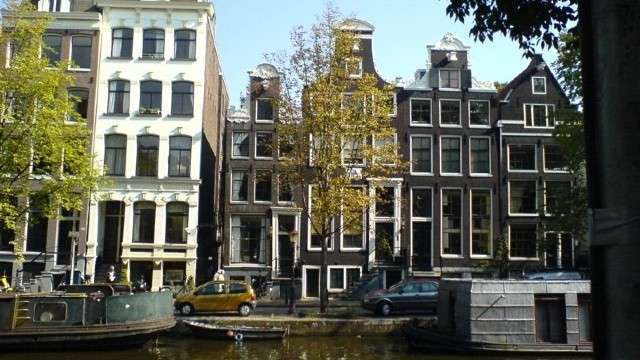Also called Holland, the word Dutch is used to refer to the people, the language, and anything pertaining to the Netherlands. Known for its windmills, tulips, wooden shoes, cheese and Delftware pottery are among the items associated with the Netherlands, and most importantly, its social tolerance.
The Netherlands is a constitutional monarchy, located in northwestern Europe. The Dutch are true innovators and this is evident in its fight with the sea, almost half the Netherlands is below sea level and the Dutch have tackled some huge land reclamation schemes resulting in an extra 637 square miles (1,650 square kilometres) being added to the country.
Regarded as a liberal country with a long tradition of social tolerance, considering its drugs policy and its legalisation of euthanasia and same-sex marriages, are among the most liberal policies in the world.
Host to five international courts: the Permanent Court of Arbitration, the International Court of Justice, the International Criminal Tribunal, the International Criminal Court are situated in The Hague, which has led to the city being dubbed “the world’s legal capital”.
Travellers visit the Netherlands to enjoy its famously tolerant attitude: prostitution is decriminalized, but only for prostitutes registered at a permitted brothel. Safe sex and use of condoms is common practice, and the prostitute will usually have these available. It is illegal for sex workers to solicit for customers on the street and prostitutes are most common in the capital Amsterdam, where red-light districts are popular. Sex shops, sex shows, sex museums and drugs museums are also popular.
The sale, possession, and consumption of small quantities of cannabis while technically still illegal, is officially tolerated. You are allowed to buy and smoke small doses (under 5 grams) of cannabis or hash at a coffeeshop, which are abundant but not allowed to sell alcohol. Harder drugs (eg. ecstasy or cocaine) remain illegal both in theory and practice. Hallucinogenic (“magic”) mushrooms, once legal, are banned as of December 1st, 2008, but new alternative options are becoming available.
